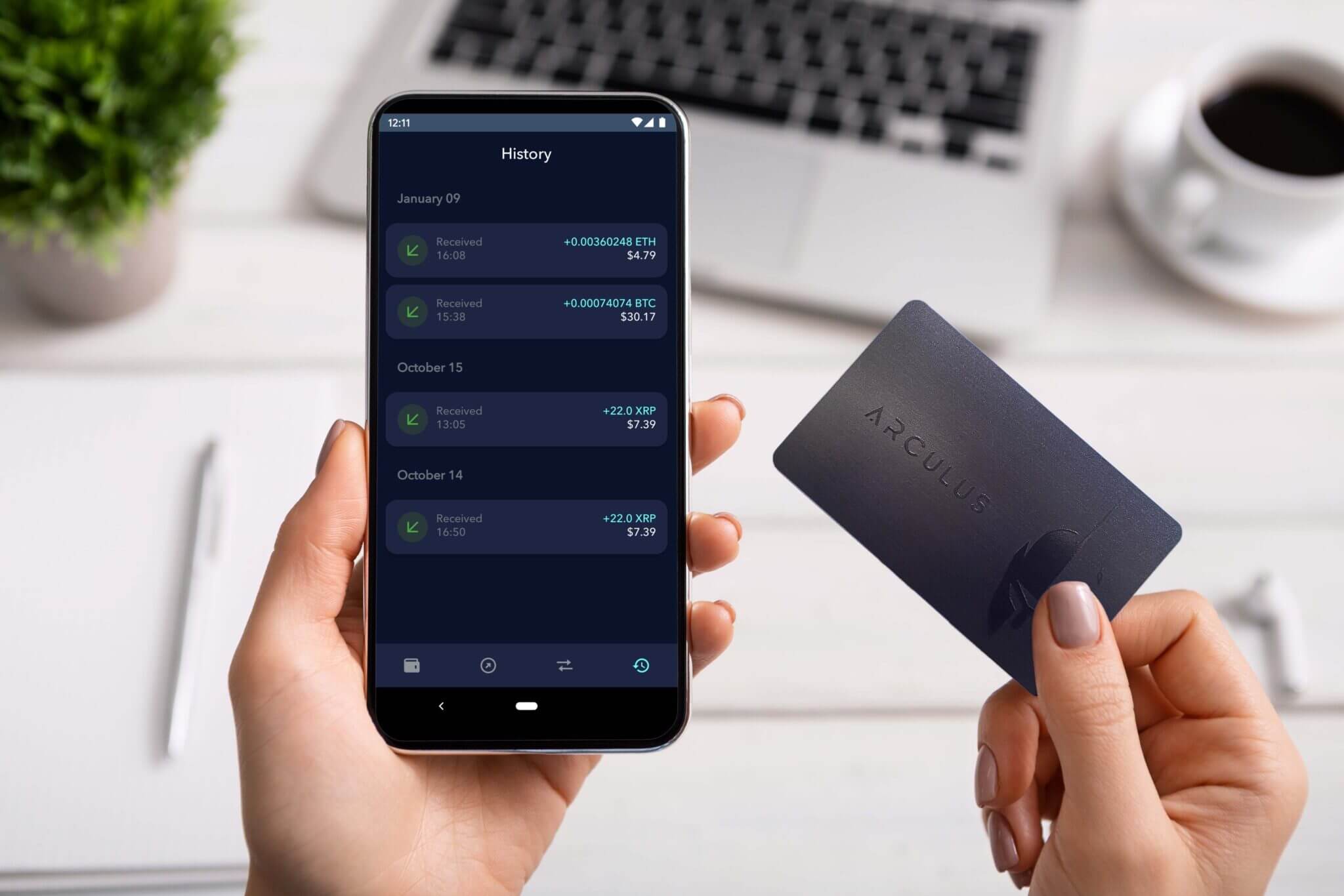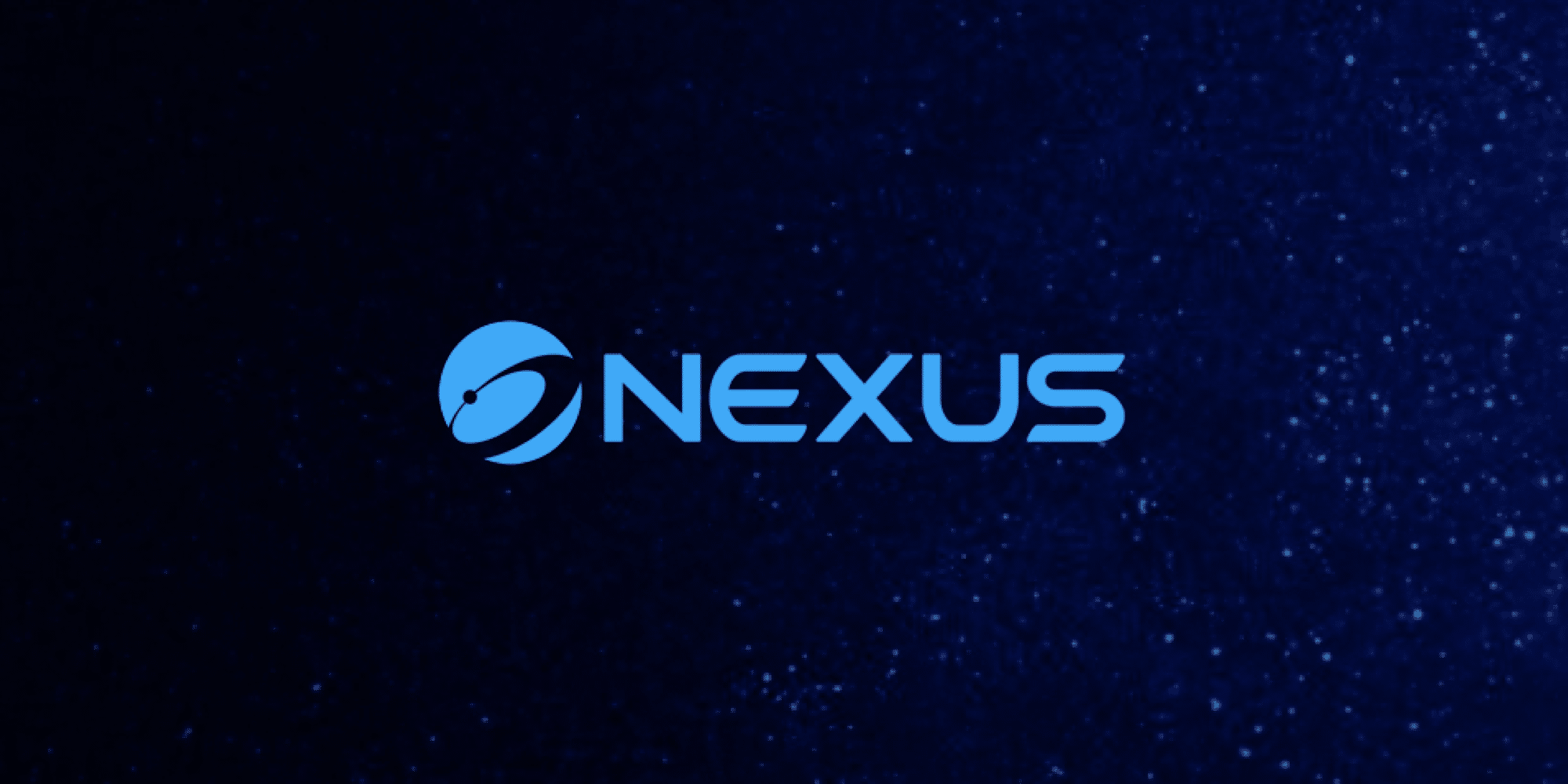In the fast-evolving world of cryptocurrency, keeping your digital assets safe is more important than ever. With so many wallets available, choosing the right one can feel overwhelming. Whether you’re a seasoned crypto enthusiast or just starting out, this guide will walk you through the top six crypto wallets for 2025 and provide tips on how to keep your crypto secure.
Understanding Crypto Wallets: Custodial vs. Non-Custodial, Hot vs. Cold
Before diving into the best wallets, let’s break down the basics:
- Custodial Wallets: These are managed by third parties, like centralized exchanges. While convenient, they come with risks—if the exchange gets hacked or goes under, you could lose access to your funds. Remember: Not your keys, not your crypto.
- Non-Custodial Wallets: These give you full control over your private keys. They’re the gold standard for security and come in two flavors:
- Hot Wallets: Connected to the internet (e.g., mobile apps, browser extensions). Convenient but more vulnerable to hacking.
- Cold Wallets: Offline storage (e.g., hardware wallets). The safest option for long-term holdings.
Now, let’s explore the top wallets for 2025.
1. Ledger: The Market Leader in Hardware Wallets
Why Choose Ledger?
Ledger is a household name in the crypto world, known for its robust security and user-friendly devices. Founded in 2014, Ledger has sold millions of wallets globally.

Top Models:
- Ledger Nano S+ ($79): Affordable, discreet, and perfect for beginners.
- Ledger Nano X ($149): Adds Bluetooth connectivity and iOS support.
- Ledger Stax ($399): A premium option with a curved touchscreen and wireless charging.
- Ledger Flex ($179): A mid-range model with a flat screen and NFC support.
Security Features:
- Secure Element Chip: Certified CC EAL 6+ (second-highest security rating).
- Ledger Live App: Manage your crypto on desktop or mobile.
Best For: Anyone looking for top-tier security with a range of price points.
2. Trezor: The Open-Source Pioneer
Why Choose Trezor?
Trezor, founded in 2013, is one of the oldest hardware wallet manufacturers. Its open-source software allows anyone to audit the code, ensuring transparency and trust.

Top Models:
- Trezor Model One ($49): Entry-level, no secure element but still highly secure.
- Trezor Safe 3 ($79): Adds a secure element and monochrome screen.
- Trezor Safe 5 ($179): Premium model with a color touchscreen and Gorilla Glass.
Unique Features:
- Shamir Backup: Split your recovery seed into multiple keys for added security.
- Open-Source Code: Fully transparent and community-vetted.
Best For: Crypto enthusiasts who value transparency and advanced security features.
3. Exodus: The User-Friendly Software Wallet
Why Choose Exodus?
Exodus is a veteran in the software wallet space, founded in 2015. Its sleek design and intuitive interface make it a favorite among beginners and experts alike.

Key Features:
- Multi-Chain Support: Over 100,000 assets across 50+ blockchains.
- Built-In Exchange: Swap, stake, and buy crypto directly in the app.
- News Feed: Stay updated with the latest crypto headlines.
Security:
- Partially Open Source: Some code is kept private to prevent fraud.
- Trezor Integration: Use Exodus with Trezor for cold storage.
Best For: Those who want a beautiful, easy-to-use wallet with robust features.
4. Trust Wallet: The Binance-Backed Powerhouse
Why Choose Trust Wallet?
Acquired by Binance in 2018, Trust Wallet is a fully open-source, multi-chain wallet trusted by millions.
Key Features:
- Multi-Chain Support: Over 100 blockchains and 10 million assets.
- DApp Browser: Access decentralized apps directly from the wallet.
- Staking: Earn rewards by staking supported cryptocurrencies.
Security:
- Open Source: Fully transparent codebase.
- Flawless Track Record: No recorded hacks or exploits.
Best For: Users who want a free, secure, and versatile wallet.
5. Phantom: The Solana Superstar
Why Choose Phantom?
Phantom started as a Solana wallet but has since expanded to support Ethereum, Polygon, and Bitcoin. Its sleek design and speed make it a standout.
Key Features:
- Multi-Chain Support: Manage Solana, Ethereum, and more in one place.
- Airdrop Notifications: Get alerts for verified airdrops.
- On-Chain Usernames: Replace wallet addresses with personalized names.
Security:
- Independent Audits: Code reviewed by cybersecurity firm Cadel.
- Bug Bounty Program: Earn up to $50,000 for finding vulnerabilities.
Best For: Solana users and those who value a modern, fast wallet.
6. Coinbase Wallet: The Exchange-Backed Option
Why Choose Coinbase Wallet?
Developed by Coinbase , this wallet offers seamless integration with the Coinbase exchange and supports a wide range of assets.

Key Features:
- Multi-Chain Support: Bitcoin, Ethereum, Solana, and more.
- Base Integration: Explore Coinbase’s Ethereum Layer 2, Base.
- Messaging: Send and receive messages via the XMTP network.
Security:
- Biometric Authentication: Protect your wallet with fingerprint or face ID.
- Secure Enclave: Emulates cold storage for private keys.
Best For: Coinbase users and those interested in Base and social features.
Tips for Keeping Your Crypto Safe
- Diversify Your Storage: Don’t keep all your crypto in one wallet. Use a combination of hot and cold wallets.
- Download from Official Sources: Avoid fake wallets by only downloading from the official website or app store.
- Enable 2FA: Use two-factor authentication wherever possible.
- Backup Your Seed Phrase: Store it offline in a secure location.
- Stay Informed: Keep up with the latest security practices and updates.
CONCLUSION
Choosing the right crypto wallet depends on your needs, budget, and level of expertise. For maximum security, a hardware wallet like Ledger or Trezor is your best bet. If you prefer convenience, software wallets like Exodus, Trust Wallet, Phantom, or Coinbase Wallet are excellent choices.
Remember, the crypto world moves fast, and security is paramount. By following best practices and using the right tools, you can protect your digital assets and navigate the crypto space with confidence.
1. What is the difference between a custodial and non-custodial wallet?
- Custodial Wallet: Managed by a third party (e.g., exchanges like Coinbase or Binance). They hold your private keys, meaning you don’t have full control over your crypto.
- Non-Custodial Wallet: You control your private keys, giving you full ownership of your crypto. Examples include Ledger, Trezor, and Exodus.
2. Which is safer: a hot wallet or a cold wallet?
- Cold Wallet: Safer because it’s offline and immune to online hacking attempts. Examples include Ledger and Trezor.
- Hot Wallet: Connected to the internet, making it more convenient but also more vulnerable to hacks. Examples include Exodus and Trust Wallet.
3. Can I use multiple wallets?
Yes! In fact, it’s recommended to diversify your crypto storage. Use a cold wallet for long-term holdings and a hot wallet for daily transactions.
4. What is a seed phrase, and why is it important?
A seed phrase (or recovery phrase) is a series of 12–24 words that act as a backup for your wallet. If you lose access to your wallet, the seed phrase is the only way to recover your funds. Store it offline and never share it with anyone.
5. Are hardware wallets worth the investment?
Absolutely. If you’re holding a significant amount of crypto, a hardware wallet like Ledger or Trezor is the safest option. They protect your private keys from online threats.
6. Can I stake crypto using these wallets?
Yes, some wallets like Exodus and Trust Wallet allow you to stake cryptocurrencies directly from the app. However, staking rewards and supported coins vary by wallet.
7. What happens if I lose my hardware wallet?
If you lose your hardware wallet, you can recover your funds using your seed phrase. This is why it’s crucial to store your seed phrase securely.
8. Is it safe to buy a hardware wallet from third-party sellers?
No. Always buy hardware wallets directly from the manufacturer (e.g., Ledger or Trezor) to avoid tampered devices. Check the Coin Bureau deals page for trusted links.
9. Can I use a software wallet on multiple devices?
Yes, most software wallets like Exodus and Trust Wallet allow you to sync your wallet across multiple devices using your seed phrase.
10. What is the best wallet for beginners?
For beginners, Exodus and Trust Wallet are great options due to their user-friendly interfaces and extensive features. If you’re ready to invest in security, start with a Ledger Nano S+.
11. Can I use a hardware wallet with a software wallet?
Yes! For example, you can use Ledger or Trezor with Exodus to manage your crypto securely while enjoying the convenience of a software wallet.
12. What is the Shamir Backup feature in Trezor?
The Shamir Backup allows you to split your recovery seed into multiple parts. You can distribute these parts to trusted individuals or locations, and a threshold number of parts is required to recover your wallet.
13. Are software wallets free?
Yes, most software wallets like Exodus, Trust Wallet, and Phantom are free to download and use. However, they may charge fees for in-app transactions like swaps or staking.
14. Can I use Phantom for Ethereum or Bitcoin?
Yes, Phantom has expanded to support Ethereum, Polygon, and Bitcoin, in addition to its native Solana integration.
15. What is the best wallet for Solana users?
Phantom is the go-to wallet for Solana users due to its sleek design, speed, and seamless integration with the Solana ecosystem.
16. How do I know if a wallet is secure?
Look for wallets with:
- A strong track record (no history of hacks).
- Open-source code (e.g., Trezor, Trust Wallet).
- Independent security audits.
- Features like biometric authentication and 2FA.
17. Can I recover my wallet if I lose my phone or computer?
Yes, as long as you have your seed phrase, you can recover your wallet on a new device. This is why backing up your seed phrase is critical.
18. What is the best wallet for Coinbase users?
Coinbase Wallet is the best choice for Coinbase users due to its seamless integration with the Coinbase exchange and support for Base, Coinbase’s Ethereum Layer 2.
19. Can I use a hardware wallet with my smartphone?
Yes, devices like the Ledger Nano X and Trezor Safe 5 support Bluetooth connectivity, allowing you to manage your crypto on the go.
20. What should I do if I suspect my wallet is compromised?
Immediately transfer your funds to a new wallet with a new seed phrase. Never reuse a compromised seed phrase.






